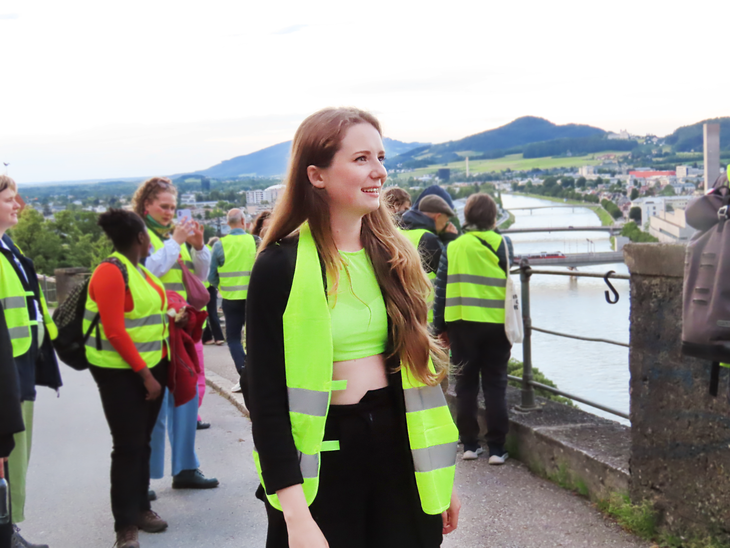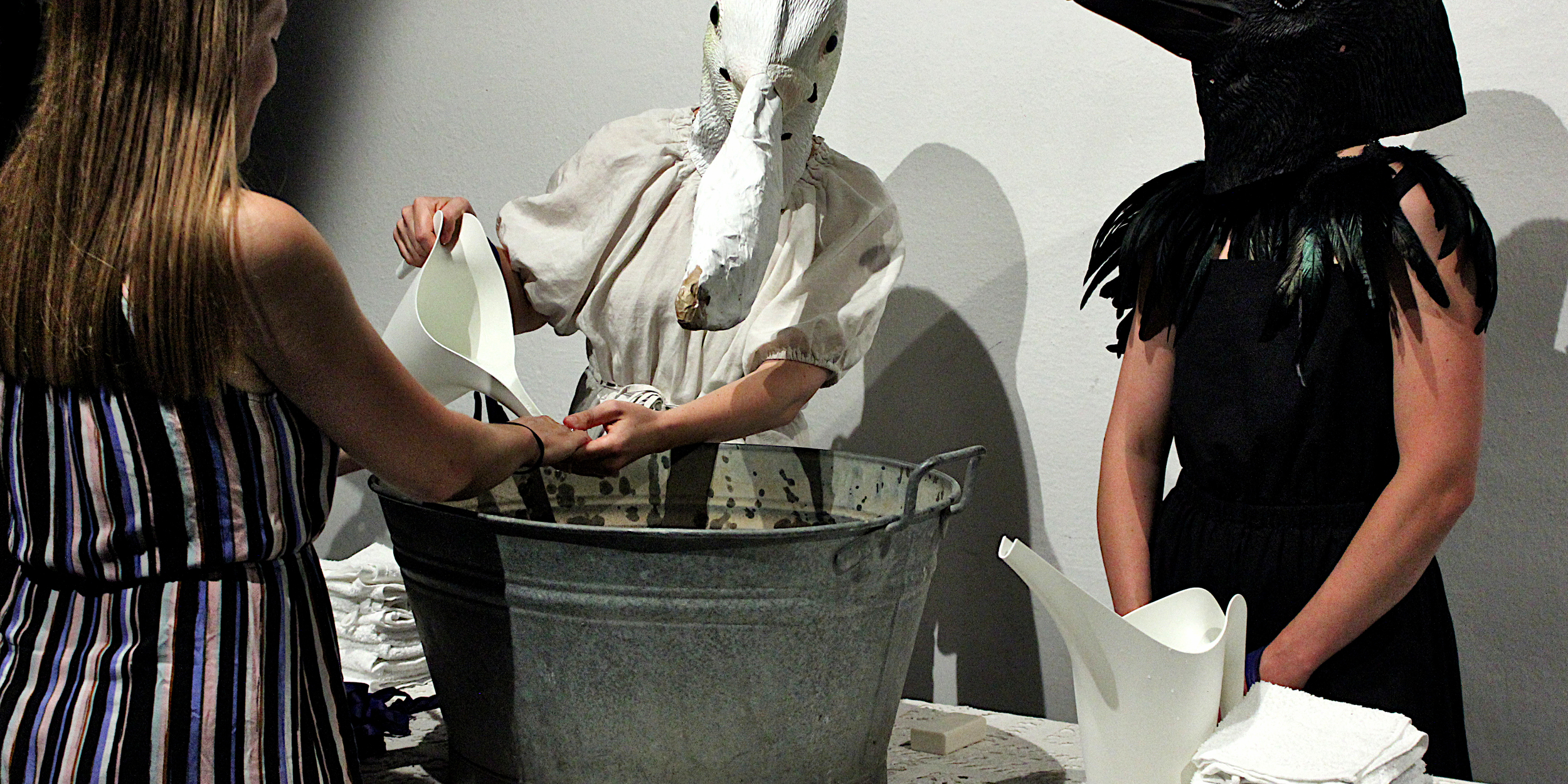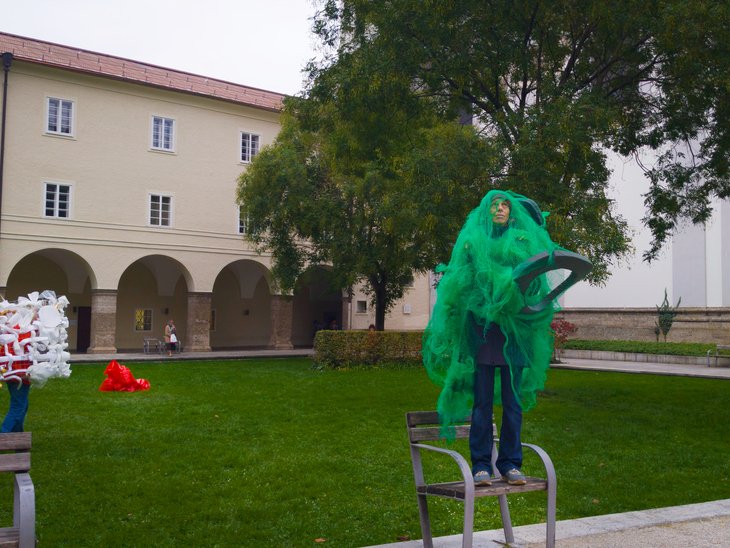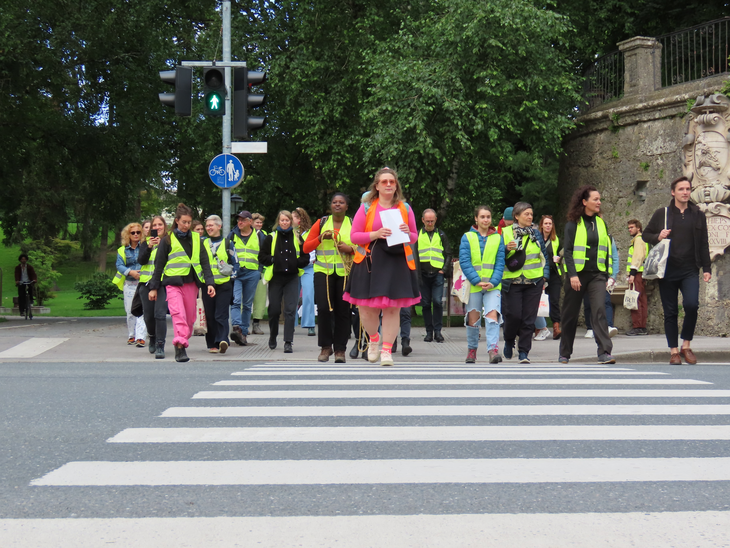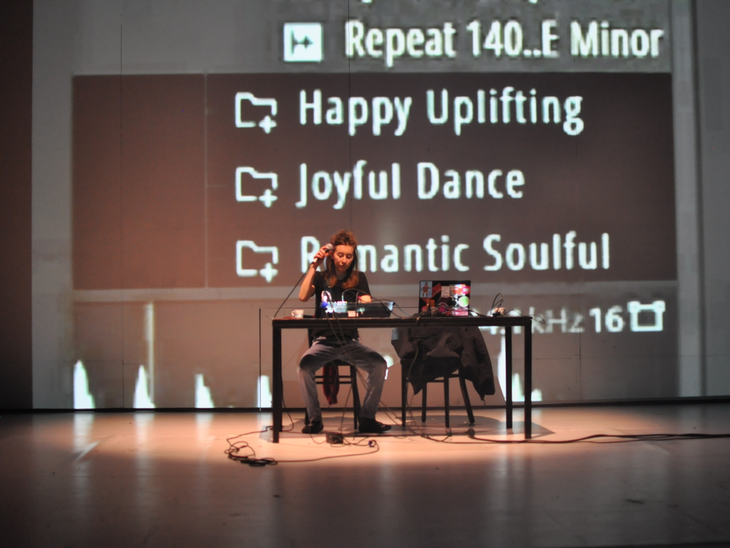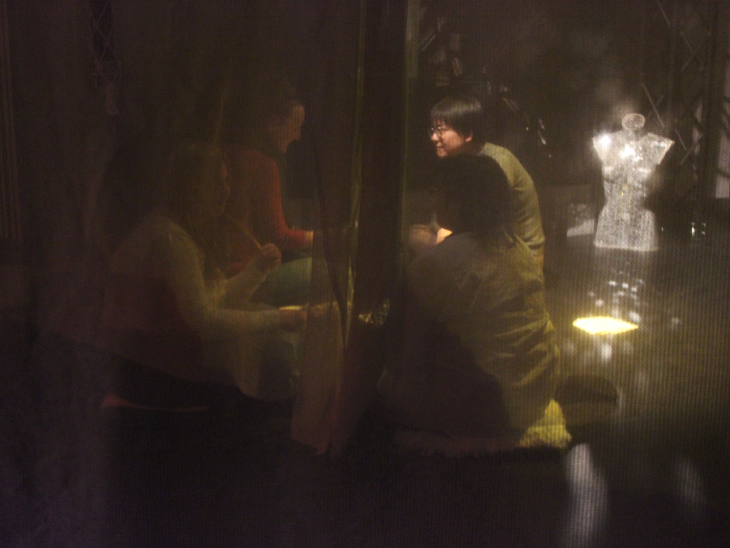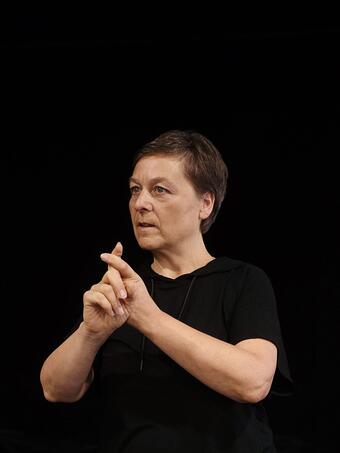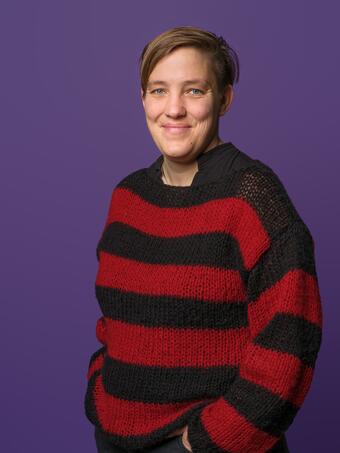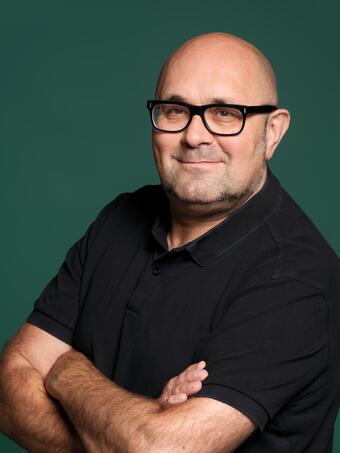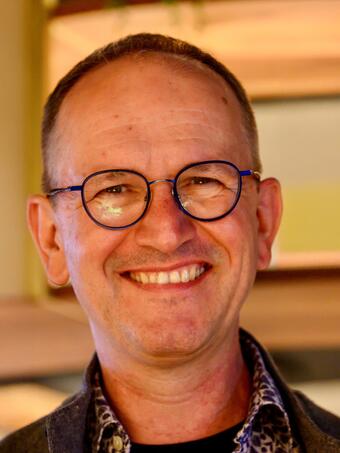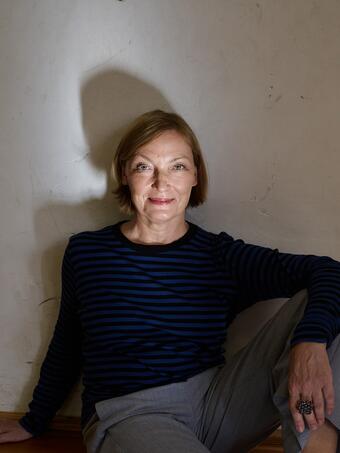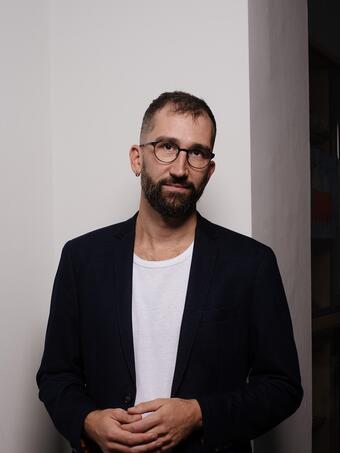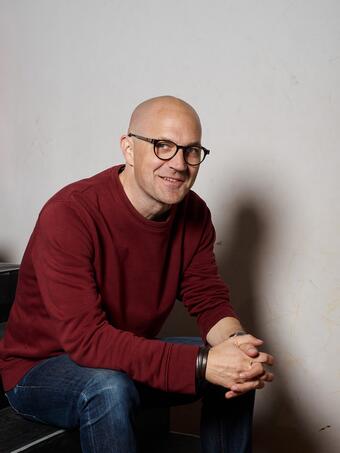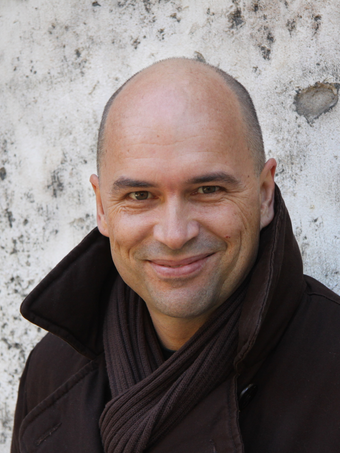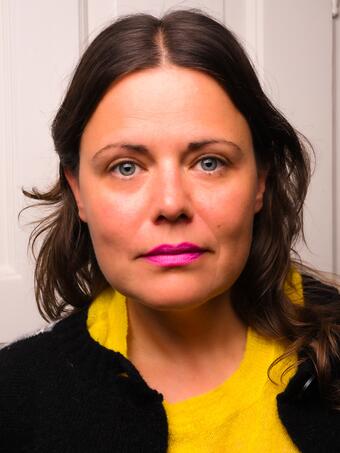The application procedure for the MA "Applied Theatre - Critical theatre practice and community" is divided into three steps:
1. Online application and submission of a portfolio between 1st February 2025 and 28th March 2025
2. Once application and porfolio have been positively assessed: invitation to an online workshop on 11th and 12th April 2025
3. Upon passing the workshop round: invitation to entrance examination in the form of a practical workshop on site in Salzburg, 16th and 17th May 2025
The following documents must be uploaded as part of the online application:
- Bachelor's degree certificate (or degree certificate of an equivalent study programme). If the applicant has not yet completed their bachelor's degree, a confirmation of enrolment or an official confirmation of the planned date of graduation must be uploaded.
- Complete overview of subjects and grades (Transcript of Records) of the bachelor's degree. Applicants whose documents are not available in either German or English must include an official translation.
- Proof of English language skills (at the time of admission: A2).
- Tabular curriculum vitae and letter of motivation.
- Proof of an internship of several months (possibly an assistantship) in a relevant field of practice.
- If applicable, a letter of recommendation (e.g. a well-founded recommendation or an expert opinion from a teacher or a theatre practitioner).
- Artistic application portfolio in the form of a pdf document.
The following documents must be submitted as part of the artistic application portfolio in a pdf document including a cover sheet:
- A portfolio with one (!) artistic work (e.g. videos or documentations of own works) which should give a visual impression of the respective works. Not only written concepts should be submitted. Audio and video material must be made available in the application folder via link.
- A concept for a possible master's thesis in the context of the MA Applied Theatre, e.g. a participatory project, a youth project, a performative intervention. The concept is to be limited to a maximum of one DIN A4 page plus possible visual material.
- Tabular curriculum vitae as well as a letter of motivation.
- Proof of an internship (possibly an assistantship) of several months in a relevant field of practice.
- If applicable, a letter of recommendation (e.g. a well-founded recommendation or an expert opinion from a teacher or a theater practitioner).
- A statement to the effect: "I certify that I have produced and conceptualised the work submitted in the portfolio."
The work/documents must be digitised (scans, photo, etc.) and uploaded with a cover sheet (photo, name, postcode, city, date of birth, street, phone number, high school diploma, email address and details of academic and professional training to date, date and signature). All required parts of the application should be merged into a single pdf document. Only one upload will be accepted.
Admission workshop
The second part of the admission examination consists of several practical parts in the form of an online workshop as well as an interview with the admissions committee.
This part of the admissions process is compulsory for all applicants who have passed the portfolio round. The invitation to the workshop will be sent out approx. 2 weeks before the examination date.
It is not possible to be excused from participation in this part of the admissions procedure.
Examination requirements: The admission examination in the form of a workshop consists of several practical parts (e.g. in the areas of improvisation, movement, instruction practice, research). In addition, the scenic/social imagination, discursive competence and conceptual potential will be assessed in an interview with the examination committee.
Accessibility and widening participation
Please note that the Mozarteum University Salzburg offers various support options at the time of your audition and during your studies if you have a disability or a chronic illness.
If this applies to you and you would like to take advantage of counselling, please contact Claudia Haitzmann: claudia.haitzmann@moz.ac.at or +43 676 88122 337.
